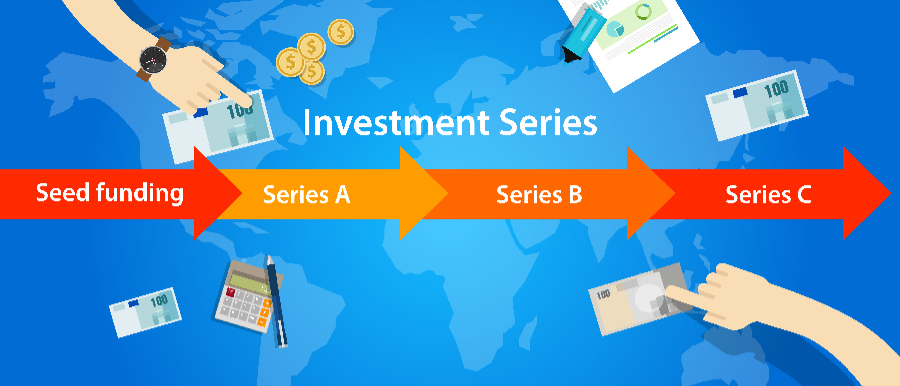Business Funding Options
Obtaining funding for a new business is easy…said no one ever!
There are several business funding options to consider. While some avenues are easier than others, getting capital for a startup can be daunting. Sometimes startup businesses are created from a simple idea. For others, they identify a need, and a solution, which leads to a new business. Whatever the case, capital is needed to get that new business off the ground.

Seed Financing
The term “seed funding” is fitting, as it gives rise to thoughts of business nurturing in its earliest stage of growth. It is growing from the idea stage to the point where the business is gathering momentum and attracting attention.
New business owners often use their own money to get started. Some get financial support from family and friends. According to A1 Tax Stop, “…this ‘pre-seed’ financing is usually less of an investment, but more of a show of support.
Local area banks and the U.S. Small Business Administration are great sources to get your needed funding. Loans guaranteed by SBA can range from $500 to as large as $5.5M. The loan proceeds can be used for most business purposes, including long-term fixed assets and operating capital.
There are several other seed funding options. Crunchbase.com describes them as follows:
In addition to seed funding, additional funding options are available as your business grows.
Series A Financing
After establishing your business, the next round of funding promotes growth. This round is called Series A funding. Once your key performance indicators (KPI) show an established customer base, consistent revenue, etc., you’re ready for this funding. Let’s call it the growth phase. This phase is where you need to have a plan to show how your business will make long-term profits and attract investors. These investors don’t want to invest in just your idea. They want to know your strategy for turning that idea into a successful company that makes money. Companies at this stage are generally valued at $23 million.
Series B Financing
Series B funding comes well after the company’s development stage. In this phase, the initial investor will bring in other venture capital firms to help promote your company. Valuations at this stage average $30 – $60 million.
Series C Financing
If you receive Series C funding, your business is a success! The investors at this level inject money into your company to receive more than double the amount they invested. Businesses often accomplish this by developing new products or services, expanding into new markets, or buying other companies.
Please note that this is not a complete list of business funding options. However, we hope this list helps you gained additional insight into the types of funding options that are available.
